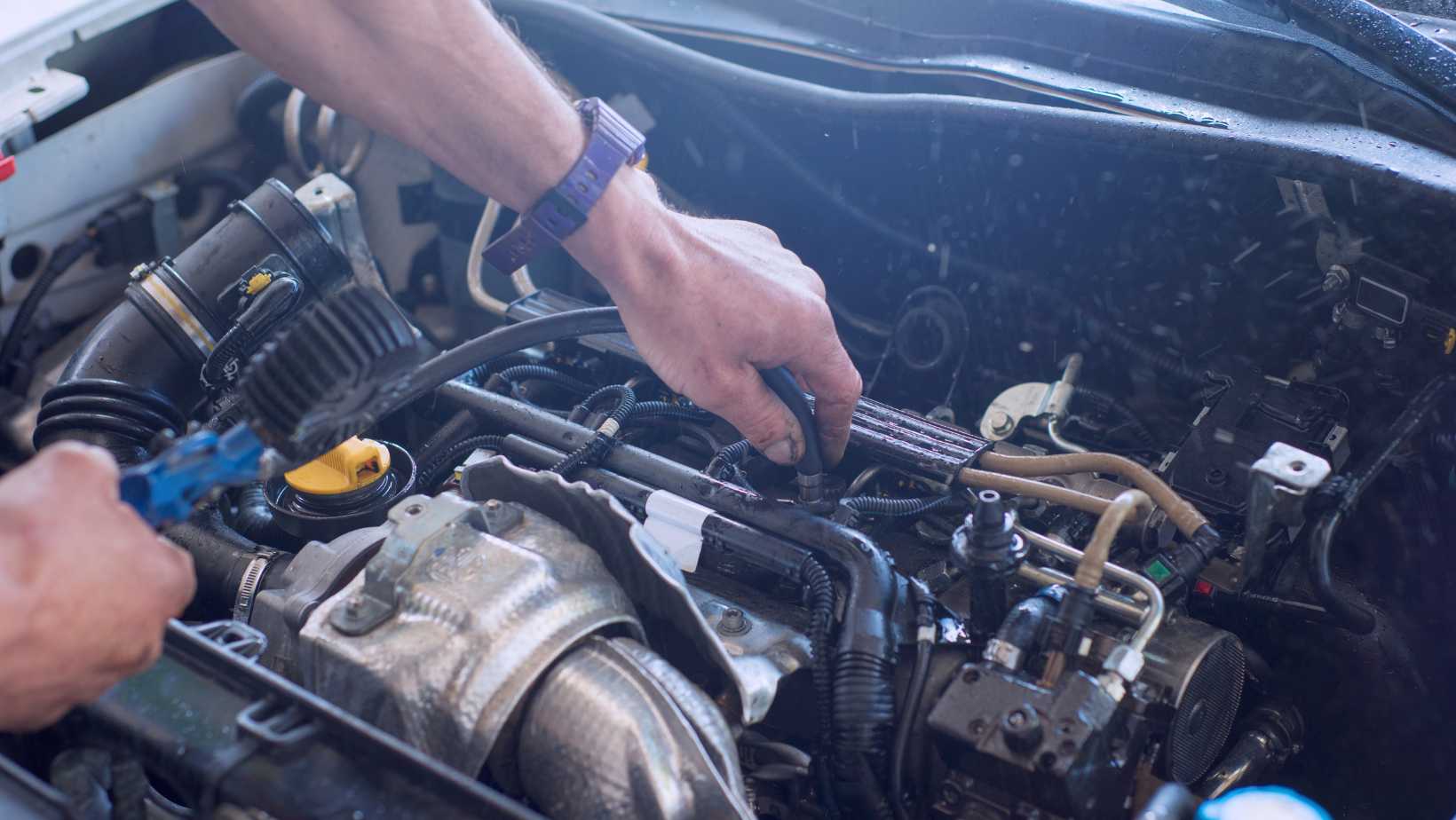
Another factor that affects the length of a car repair is the availability of parts. If rare or specialized components are needed for the repair, it might take longer to source and acquire them. Additionally, the workload at the repair shop can impact turnaround time. Busy periods may result in delays due to high demand for services.
How Long Does A Car Repair Take
Average Timeframes for Engine Repairs
When it comes to car repairs, engine issues are among the most common and can vary greatly in terms of complexity and time required for repair. Here are a few examples of engine repairs and their average timeframes:
- Spark Plug Replacement: This is a relatively simple repair that involves replacing the spark plugs, which help ignite the fuel-air mixture in the engine cylinders. On average, this repair can take around 30 minutes to an hour.
- Timing Belt Replacement: The timing belt ensures that the engine’s valves open and close at the right time, preventing damage to other components. Replacing a timing belt usually takes between 2 to 4 hours.
- Head Gasket Repair: A faulty head gasket can lead to coolant leaks or overheating issues. Repairing or replacing a head gasket is a more involved process that typically requires several hours, ranging from 6 to 8 hours on average.
Common Types of Bodywork Repairs and Their Timeframes
Bodywork repairs encompass various types of fixes for external vehicle damage like dents, scratches, or paint imperfections. Here are some common bodywork repairs along with their typical timeframes:
- Dent Removal: Minor dents caused by parking lot mishaps or hailstorms can often be repaired using techniques like paintless dent removal (PDR). PDR is generally quicker compared to traditional dent repair methods and may take anywhere from 30 minutes to a few hours depending on the size and location of the dent.
- Bumper Replacement: If your bumper has sustained significant damage due to collisions or accidents, it may need to be replaced entirely. The time required for a bumper replacement can range from 2 to 4 hours, depending on the complexity of the installation.
- Paint Touch-Up: Scratches and chips in your car’s paintwork can be unsightly, but they can often be repaired with a simple touch-up. Depending on the extent of the damage, paint touch-ups typically take around 1 to 2 hours.

Efficient Ways to Speed Up The Car Repair Process
When it comes to car repairs, one of the most common questions people have is, “How long does a car repair take?” While the exact duration can vary depending on the type and complexity of the repair, there are certain efficient ways that can help speed up the process. Here are some tips to minimize downtime and get your vehicle back on the road as quickly as possible:
- Schedule an Appointment: Timing plays a crucial role in minimizing repair time. By scheduling an appointment with your trusted mechanic or dealership in advance, you ensure that they allocate sufficient time for your vehicle and avoid unnecessary delays.
- Communicate Clearly: When dropping off your car for repairs, provide a detailed explanation of the issues you’re experiencing. Clear communication helps mechanics accurately diagnose and address problems without wasting time on guesswork.
- Request Quick Turnaround Parts: In some cases, getting parts for specific repairs may take longer due to availability issues or ordering processes. If feasible, consider requesting quick turnaround parts or checking if alternative options are available that can be procured faster without compromising quality.
- Opt for Same-Day Services: Many auto shops offer same-day services for minor repairs like oil changes, tire rotations, or battery replacements. Taking advantage of these convenient services saves you from leaving your vehicle overnight and speeds up the overall repair process.
Remember that while these strategies can help expedite the car repair process, it’s important to maintain a realistic expectation of the time needed for certain repairs. Complex issues or rare parts might still require additional time, but by following these efficient ways, you’ll be well on your way to minimizing downtime and getting back behind the wheel sooner.By implementing these tips and working closely with your mechanic or dealership, you’ll ensure a smoother and faster car repair experience.






































